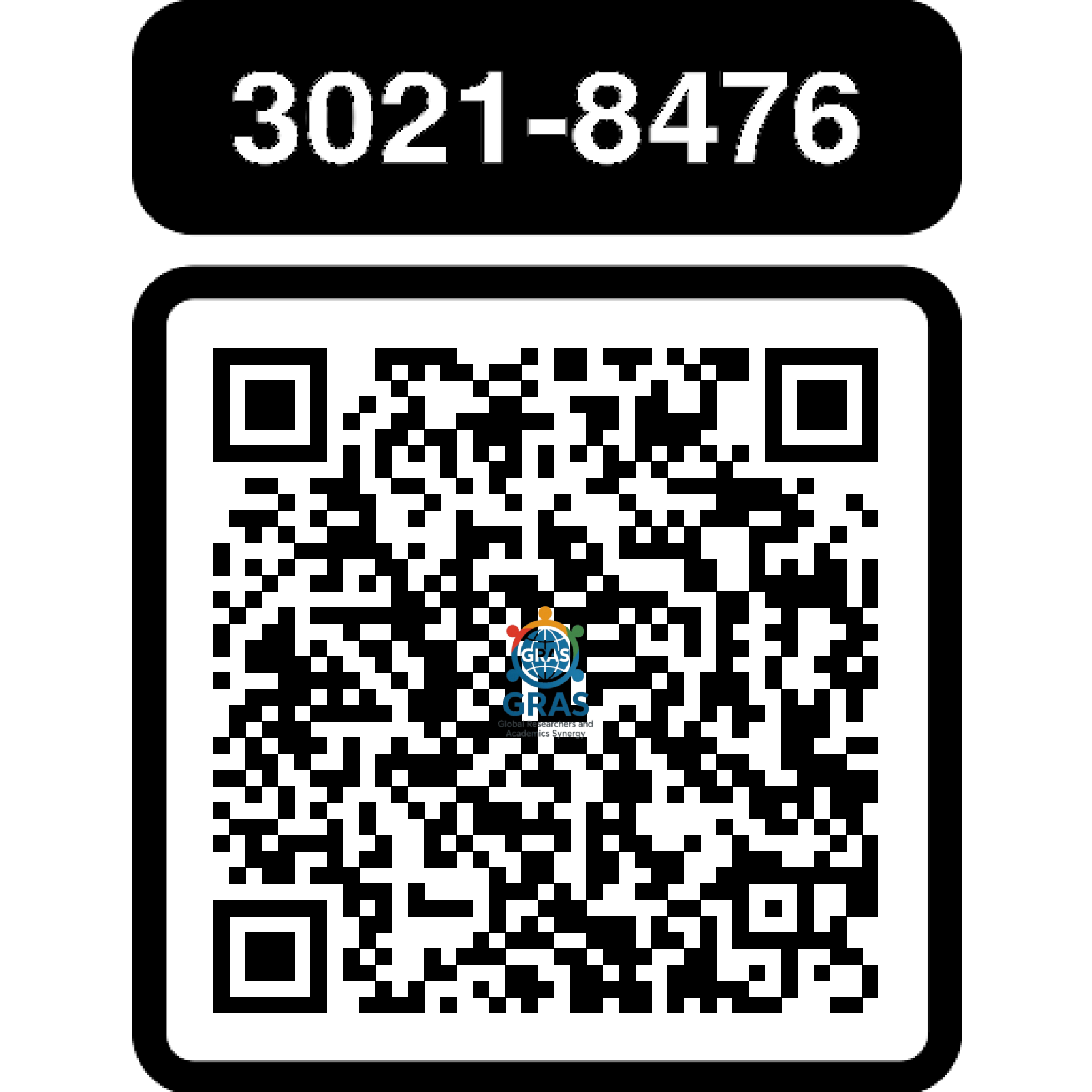Publication Ethics
Global Dialogues in Humanities and Pedagogy is committed to upholding the highest standards of publication ethics and integrity. The journal adheres to the ethical guidelines set forth by the Committee on Publication Ethics (COPE) and expects all parties involved in the publication process—editors, reviewers, authors, and publishers—to follow these principles diligently.
Responsibilities of Authors
Authors must ensure that their submissions are original, free from plagiarism, and not under consideration elsewhere. Any form of data fabrication, falsification, or unethical research practices will not be tolerated. Proper acknowledgment of all sources and contributions must be clearly stated. In cases involving human participants, authors are required to provide evidence of ethical approval from relevant institutional review boards.
Responsibilities of Editors
Editors are responsible for making fair and unbiased decisions based on the academic merit of submissions, regardless of the authors’ race, gender, religious belief, or institutional affiliation. Editors must ensure a double-blind peer review process, protect the confidentiality of submissions, and take appropriate actions in cases of ethical misconduct.
Responsibilities of Reviewers
Reviewers must maintain the confidentiality of the manuscript, provide objective and constructive feedback, and avoid conflicts of interest. They are expected to report any ethical concerns they detect in the manuscript, including plagiarism or data manipulation.
Plagiarism and Misconduct
The journal takes issues of plagiarism, self-plagiarism, duplicate submission, and unethical authorship seriously. Manuscripts found to violate ethical standards will be rejected or retracted. Authors may be required to provide raw data and other supporting documents upon request.
Conflict of Interest
All authors, reviewers, and editors must disclose any potential conflicts of interest that may affect the evaluation or publication of a manuscript. Transparency in competing interests is essential to maintaining trust in the publication process.
Corrections and Retractions
If significant errors or inaccuracies are identified after publication, the journal will issue corrections, retractions, or expressions of concern, as appropriate. Authors are encouraged to notify the editorial office if they discover major errors in their own published work.












